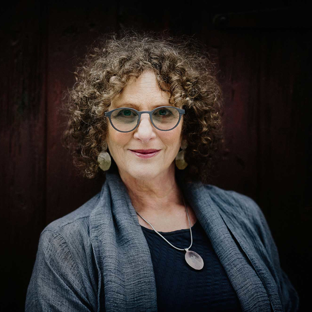Who tells the story of a country? What story does a country’s national literature tell about its people and its identity? Is there such a thing as Australian literature at all?
Australians are striding the global stage with unprecedented confidence in all manner of fields. But if university syllabuses are any indication, it seems that when it comes to Australian literature, the cultural cringe is alive and well.
With major universities offering only the bare minimum in courses on Australian writing and its authors, the Wheeler Centre is filling the breach. Australian Literature 101 is the university education in Australian literature you never had.
In this major new weekly series hosted by Ramona Koval, running in parallel with the university calendar, contemporary writers speak on seminal Australian texts, giving context, sharing their responses and exploring each work’s status as a classic of Australian literature. Join us to be part of a brand new assessment of our national literature.
This week, we look at Kate Grenville’s Lillian’s Story.
Featuring

Susan Sheridan
Susan Sheridan is adjunct professor of English and women’s studies at Flinders University. She has published widely on women’s writing, feminist cultural studies, Australian cultural history and women’s studies.
Susan’s books include Christina Stead (Harvester (1988), Along the Faultlines: Sex, Race and Nation in Australian Women’s Writing 1880s to 1930s (Allen & Unwin, 1995), Who Was That Woman? The Australian Women’s Weekly in the Postwar Years (UNSW Press, 2002) and Nine Lives: Postwar women Writers Making their Mark (University of Queensland Press, 2011; as editor), Grafts: Feminist Cultural Criticism (Verso, 1988), Debutante Nation: Feminism Contests in the 1890s (Allen & Unwin 1993, with Sue Rowley and Susan Magarey) and Thea Astley’s Fictional Worlds (Cambridge Scholars Press, 2006, with Paul Genoni).
Her current research is on women writers and modernity in mid-twentieth century Australia.

Ramona Koval
Ramona Koval is a writer who has worked as a journalist and broadcaster. Her most recent books are A Letter to Layla: Travels to our Deep Past and Near Future, Bloodhound: Searching For My Father, and ...
